Meet Quad-A
About Us
The Association of African American Financial Advisors, known as Quad-A or Quad-A, is a 501(c)(6) non-profit membership organization founded by LeCount R. Davis, CFP®, in 2001.
LeCount Davis has a distinguished history in the field of financial planning. In 1978, he became the first African American to receive the Certified Financial Planner (CFP®) designation in the United States. Over the years, Davis observed the underrepresentation of Black/African Americans in the financial planning profession and sought to address this by creating Quad-A.
Since its inception, Quad-A has been committed to fostering the professional growth of Black/African American financial advisors, planners, and affiliated professionals while also advocating for increased diversity in the wealth management industry. Today, through initiatives such as professional development programs, business development programs, networking events, and partnerships, Quad-A continues to uphold its commitment to its members and the broader Black/African American community.


Our Mission
1. Attract: Increase the number of Black/African American Financial Advisors, Financial Planners, and C-suite executives in the Wealth Management Industry.
2. Retain: Provide business development and professional development opportunities to our membership base.
3. Advocate: We strive to strengthen our advocacy efforts on behalf of our members towards Self-Regulatory Organizations (SROs) and employers. We specifically focus on addressing the effects of racial battle fatigue and its subsequent impact on the performance of Black/African American professionals.
V.I.S.I.O.N.
The Association of African American Financial Advisors envisions a future where every household in the Black/African community has a financial plan and expert guidance to sustain generational wealth.
Values
COMMUNITY: Strengthen the community of members through access to information, resources, and practices that position professionals for success.
STEWARDSHIP: Respecting the experience of Black financial professionals and investing in ways that support the growth of each member and partner who shares our mission and vision.
ADVANCEMENT: Providing members with access and opportunities to build their financial acumen, credentials, and network to create the career of their dreams.

Our Team
Our Board
The Board of Directors of the Association of African American Financial Advisors is responsible for Quad-A’s overall health and manages its day-to-day operations and business affairs, including growth, financial strategy, and governance. Our experienced Board of Directors provides counsel and oversight while ensuring that Quad-A adds value and acts in the best interests of its members, partners, and affiliates.
- Chairman of the Board of Directors
- Division Director- Independent Contractor Division, Raymond James
- Director
- Workplace Strategy & Business Controls
- Citi Personal Wealth Management
Reginald Lillie II
- Board of Directors
- Director, Business Development Manager, Bank of America Merrill Lynch
- Financial Secretary
- Founder & CEO, Unlimited Capital Advisors, LLC Founding Partner, JMG CPAs & Advisors, LLC Adjunct Professor of Tax Planning and Estate Planning, New York University











